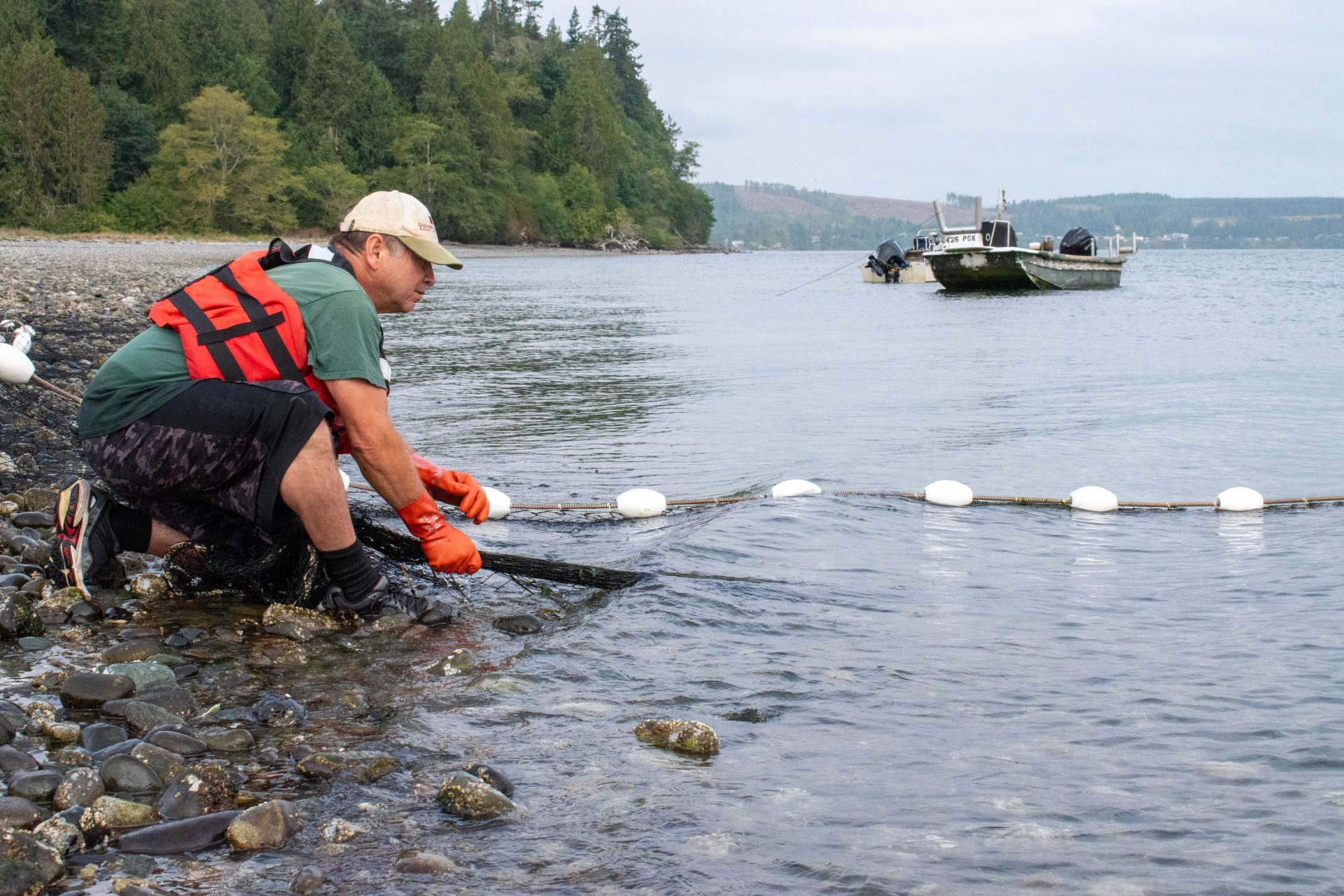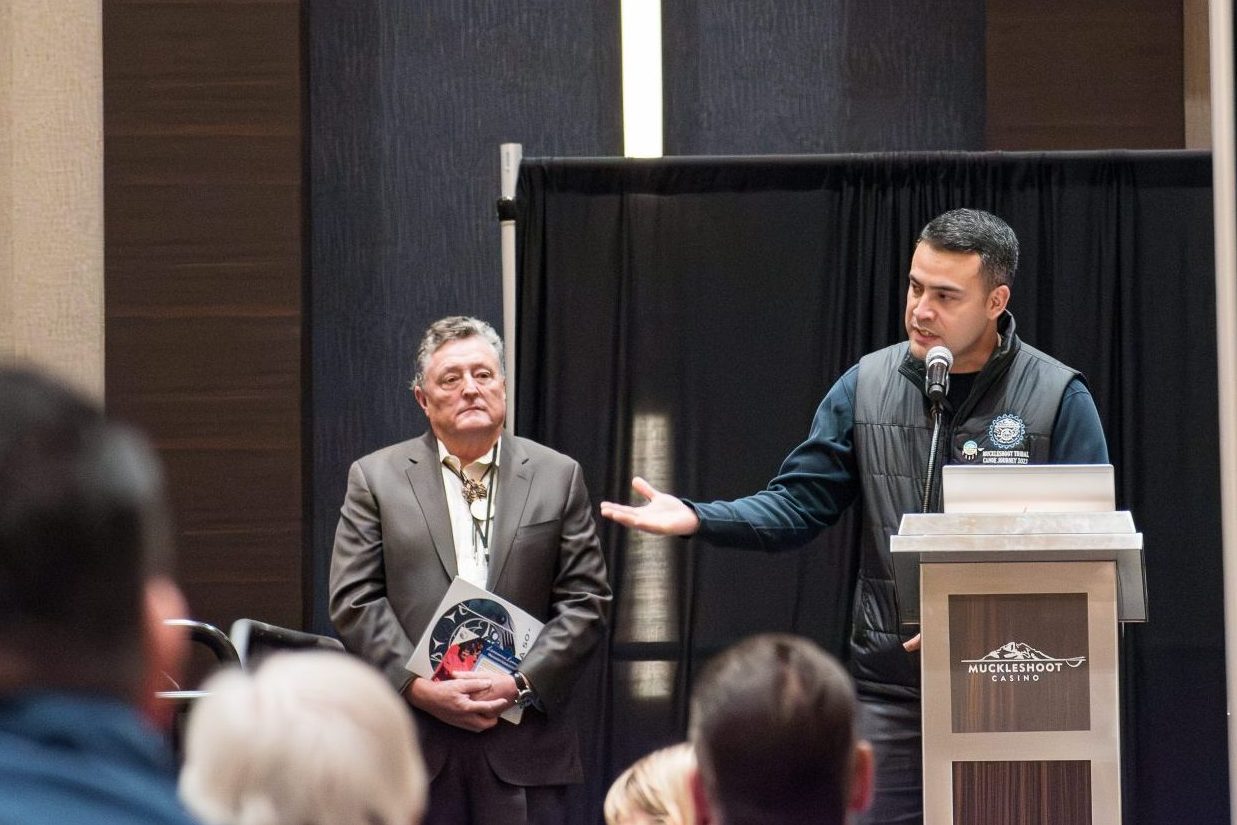
The state Department of Health has closed the non-tribal razor clam harvest for the Washington coast indefinitely and Quinault Indian Nation has also closed its ceremonial and subsistence and commercial razor harvests. Levels of a marine toxin, domoic acid, is high enough in the clams to sicken or harm humans, though it does not harm the clams.
Quinault Indian Nation personnel have been collecting razor samples and monitoring ocean water for the algae that is thought to produce the toxin in shellfish. There are high levels of both the algae and toxins. Ocean temperatures are also unseasonably high, similar to those in July or August, which accelerates the growth of algae.
With less than a month left in the harvest season, this is traditionally the time for QIN tribal members to fill their freezers for the upcoming year. For the communities on the coast, recreational non-tribal clammers also provide needed tourism revenue when they come to town to dig.




